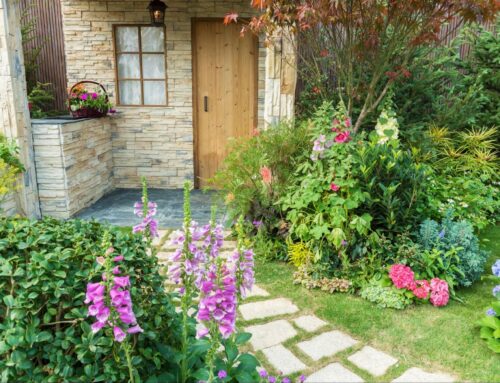The Gullah/Geechee have made the lowcountry their home since the 1700s. The Gullah/Geechee Cultural Heritage Corridor was designated so in 2006 by the US Congress. It stretches along the coast from Wilmington, North Carolina to Jacksonville, Florida. They came here as slaves from West African countries like Sierra Leone, Guinea and Liberia. What sets this group apart from many early settlers and slaves to this region? Rice. Plantation owners brought them here specifically for their knowledge of rice cultivation in hot, humid climates like ours here in Charleston. Their rich cuisine is based primarily on rice. That isn’t all that makes the Gullah special and unique to our area, the Gullah have been able to preserve more of their African cultural heritage than any other group of African Americans.They speak a special creole language unto themselves and are skilled in the creation of African style handicrafts that is still passed down today.
The South’s “one pot wonders” are thanks in part to the Gullah people. Before working the fields on the plantations, they would stew whole vegetables in large pots and let them simmer all day long. When they returned for supper, the vegetables would be tenderized and perfect for enjoying with homegrown rice and left over meats from the master’s table. The Gullah cooks are the originators of South Carolina’s farm to table movement. Today they use the same local, seasonal ingredients and cooking techniques of their ancestors. The new generation of Gullah/Geechee are preserving and propelling the time honored dishes of their past into our mainstream culture here in the lowcountry. You can visit many restaurants which feature their dishes and recipes.
The Gullah people still live and practice their lifestyle in the areas that were once home to their ancestors. Despite modern influences and America’s expansion into their homeland, these special people continue to provide an important glimpse into South Carolina’s past. When visiting our great city or if you are a new resident, visit our local museums and research centers and learn more about the traditions of the Gullah. By increasing awareness about the Gullah, we aid in the preservation of their unique heritage.





